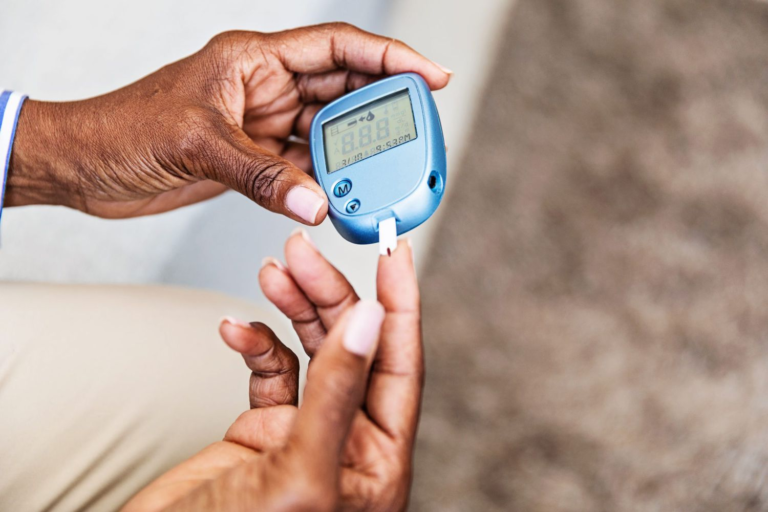Am I At Risk For Disc Herniation? Here’s What You Should Know
Do you know pain and discomfort from a herniated disc is enough to slow you down? Symptoms that stem from disc herniation can make even the smallest movements in your everyday life painful. Whether or not you’ve experienced this condition in the past, comprehending your risk factors is very important. This can help you make effective self-care choices to prevent the development of herniated discs. However, since not all risk factors can be avoided, understanding them gives you the power to change some. This guide presents you with some primary risk factors for a herniated disc.
Excessive Smoking
When it comes to your spinal health, smoking adds zero benefits. Tobacco usage, to be precise, increases your risk for a herniated disc. Typically, when you use nicotine or cigarettes, blood doesn’t flow to your disc, thereby leading to accelerated degeneration. This causes the discs in the lumbar region to weaken and hence provide no cushioning to the spine. Once the spine structure is affected, bones rub together and result in disc herniation. Therefore, to lower your chances of developing this painful condition, it’s advisable to quit smoking.
Age
Spine wear and tear as you age is a key contributor to disc degeneration. Over time, the discs in your spine can begin to break down, thus facilitating disc herniation. Recent research proves that American adults who are 50 years and above are at a higher risk of degenerative disc disease as well as herniated discs. Furthermore, burdensome activities like bending, walking or twisting can cause spinal wear and tear. Such movements, combined with the discs losing their elasticity as you age, place you at a higher risk of suffering from a bulging disc. While you can’t do much about aging, gentle exercise can help strengthen your spine in the long run.
Height
Tall individuals are likely to suffer disc herniation as compared to those with average height. People whose height is 180 cm or taller have a higher risk of a herniated disc. This is usually contributed by their inability to maintain their spinal posture when twisting, bending or sleeping. While there is nothing you can do about your height, it’s good to incorporate preventive measures to stay safe from disc herniation.
Occupation
If your routine work relies on your back for lifting heavy objects, you’re at higher risk for disc herniation. Typically, overstressing your back is the primary cause of bulging discs and left managed, it can result in severe symptoms like limited mobility and chronic pain. To stay safe, strengthen your back, use your legs for physical work or wear supportive devices to protect your spine.
You’re Overweight
When your body carries more pounds than the healthy limit, the pressure falls heavily on your lower back spine. Besides, being overweight not only puts you at risk for herniated discs, but it can cause the same condition to occur repetitively even after treatment. That said, cutting the extra pounds is critical, especially if you want to avoid disc herniation.
Are you struggling with pain in the lumbar back region and want help to manage the condition? Our healthcare professionals at Performance Pain and Spine Medicine will tailor a personalized treatment plan to stabilize your condition for a pain-free lifestyle. Book your appointment today!




